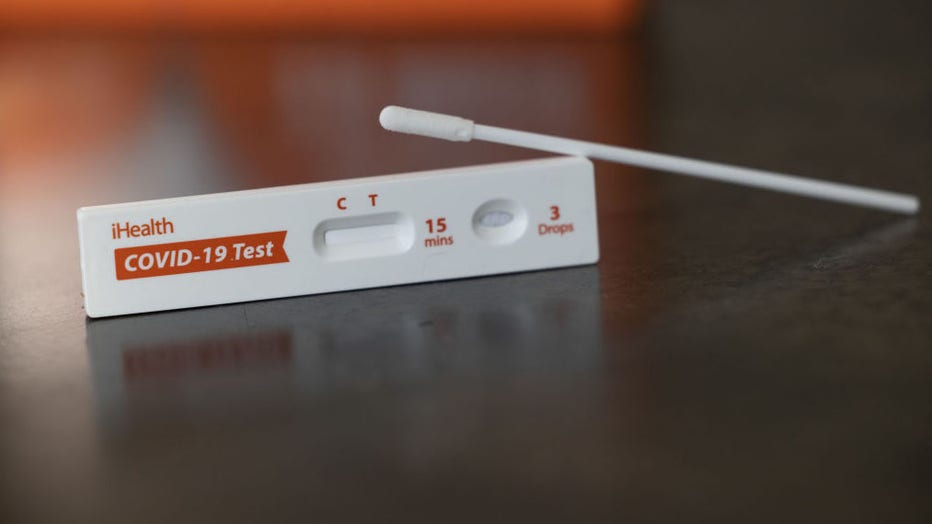COVID-19 to become 'seasonal virus,' CDC director expects

Consumer Report: Government program covers funeral expenses of COVID related deaths
FOX consumer reporter Steve Noviello discusses a government program that will pay for the funeral of a person who has died of COVID or a COVID related illness.
NEW YORK - Centers for Disease Control and Prevention (CDC) Director Dr. Rochelle Walensky said she anticipates COVID-19 will become a seasonal virus.
"I do anticipate that this is probably going to be a seasonal virus," she told NBC News on Monday.
Walensky also told the network that Americans should anticipate they will need to wear face masks again and hope that they are not always necessary.
The agency moved to loosen mask restrictions for much of the U.S. at the end of last month.
"We may want to be more vigilant during some seasons," she noted. "Maybe during respiratory season, if things ramped up, we would want to put on our masks again to protect both from flu and from COVID and from all other respiratory diseases."

Image of an iHealth at home Covid-19 rapid antigen test supplied for free by the U.S. Postal Service. Photographer: Angus Mordant/ Bloomberg/Getty Images
According to data from Johns Hopkins University, the U.S. reported 67,516 new coronavirus cases and 1,686 new deaths.
Those numbers are markedly down from January's surge of the omicron variant – although CDC data show the variant still makes up 99.9% of new cases.
Walensky said it remained unclear whether people will need additional COVID-19 booster shots over the next year.
In a reversal of the U.N. agency's previous stance, an expert group convened by the World Health Organization (WHO) said Tuesday that it "strongly supports urgent and broad access" to booster doses.
Get breaking news alerts in the free FOX5NY News app! | Sign up for FOX 5 email newsletters
In a statement, the organization said its group concluded that immunization with authorized COVID-19 vaccines provide high levels of protection against severe disease and death, with boosters especially important for those at risk of severe disease.
Last year, WHO director-general Tedros Adhanom Ghebreyesus called for a moratorium on booster doses, citing vaccine inequity.
The CDC reports 95.3 million Americans have received a booster dose.
The WHO said it is continuing to monitor the spread of omicron and the emergence of new variants, with vaccines likely needing to be updated in the future.
The Associated Press contributed to this report.

